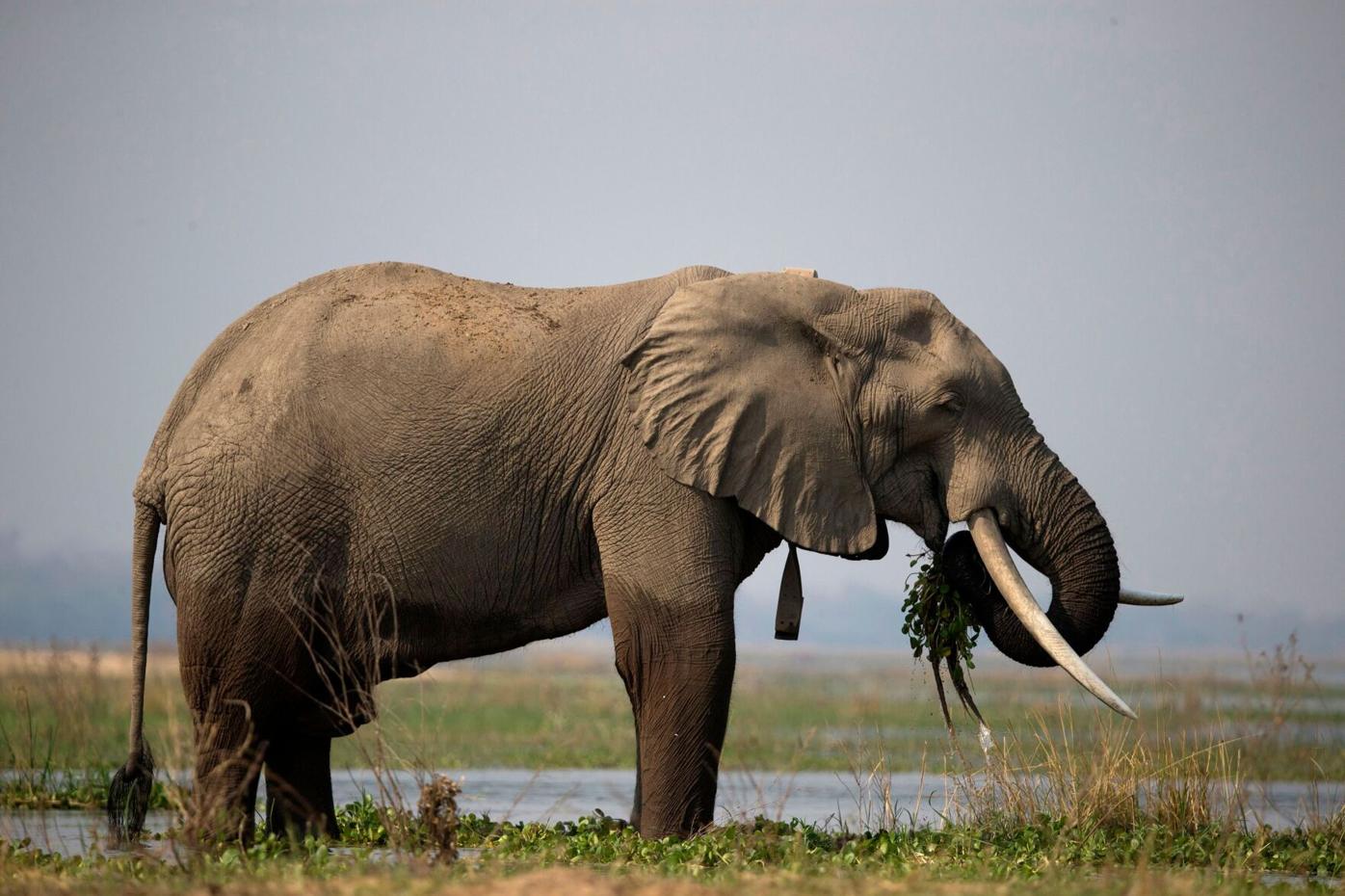Zimbabwe has announced plans to cull elephants and distribute the meat to communities, reigniting debates over wildlife conservation, food security, and human-wildlife conflict. The move, officials say, addresses the country’s ballooning elephant population and its impact on ecosystems and rural livelihoods.
Why Is Zimbabwe Culling Elephants?
Zimbabwe is home to over 100,000 elephants—twice the number its ecosystems are estimated to sustain. National parks like Hwange are overcrowded, putting strain on vegetation and water sources. The government argues that culling elephants is a necessary measure to maintain ecological balance and prevent irreversible damage to biodiversity.
Beyond conservation, human-wildlife conflict is a growing issue. Elephants often destroy crops and infrastructure in rural areas, threatening the livelihoods of people who already live on the margins. Officials say culling some elephants and distributing the meat could both reduce animal pressure and provide communities with much-needed protein.
How Will the Elephant Meat Be Distributed?
According to the Zimbabwe Parks and Wildlife Management Authority (Zimparks), the elephant meat will be processed and distributed to areas most affected by wildlife conflict. Details on the logistics are still unfolding, but the plan is to use government and community infrastructure to ensure the meat is safely handled and reaches intended recipients.
The move is not entirely new. In the past, meat from elephants that died naturally or were put down during conflict incidents was shared with communities. This time, however, the scale and intentionality are much higher.
The Controversy: Conservation or Cruelty?
Critics argue that culling elephants undermines long-term conservation goals. Animal rights groups and some conservationists believe non-lethal methods—such as relocation, birth control, and better fencing—are more ethical alternatives. Others fear that culling could damage Zimbabwe’s tourism industry, which depends on its rich wildlife offerings.
Still, Zimbabwe insists that international criticism often ignores local realities. “We are living with these animals daily. It’s not just about tourists taking pictures,” one local official stated. “We’re balancing conservation with survival.”
What This Means Going Forward
Zimbabwe’s decision to cull elephants and distribute the meat highlights the difficult trade-offs that come with managing wildlife in regions with limited resources. It’s a reminder that conservation isn’t just about saving animals—it’s also about protecting the people who live alongside them.
Whether this strategy will achieve its goals or spark backlash remains to be seen. But one thing is clear: Zimbabwe is betting on a bold, controversial approach to solve a complex problem.



